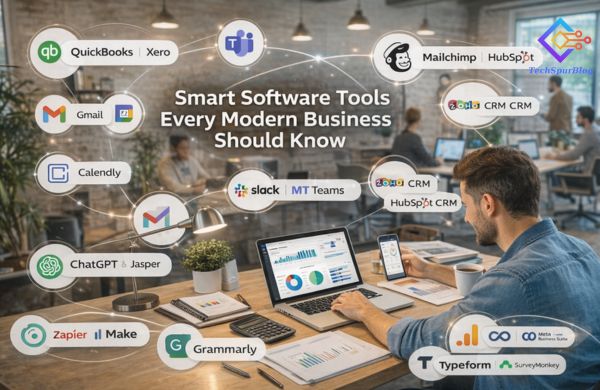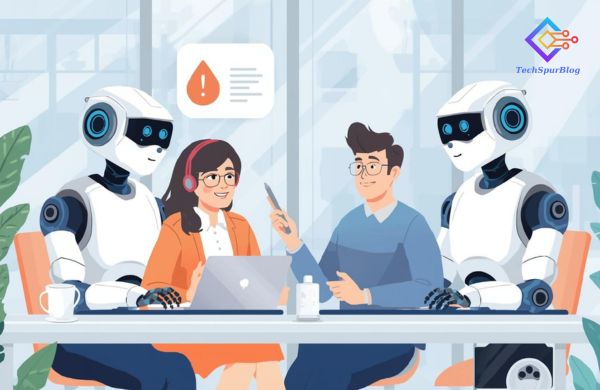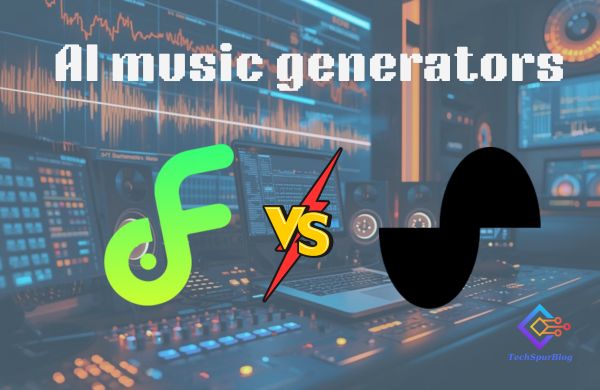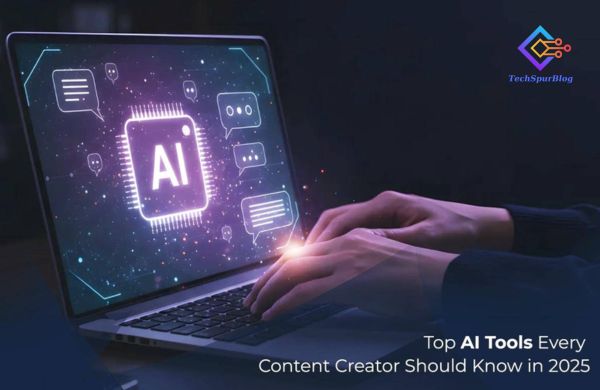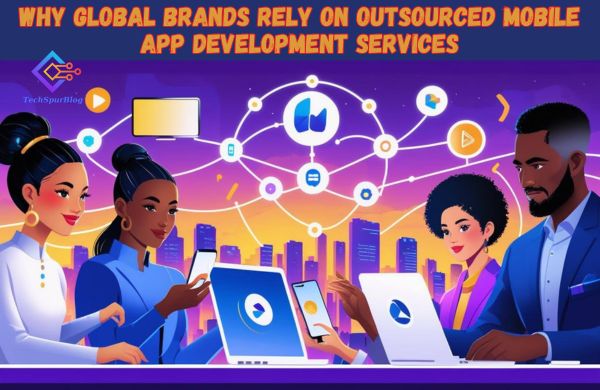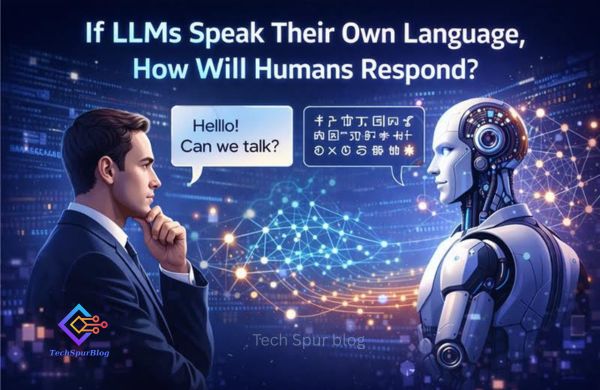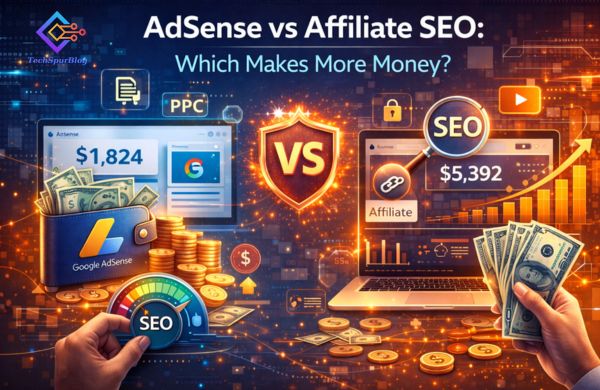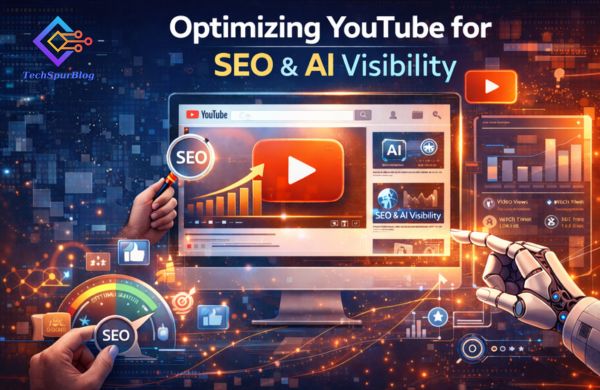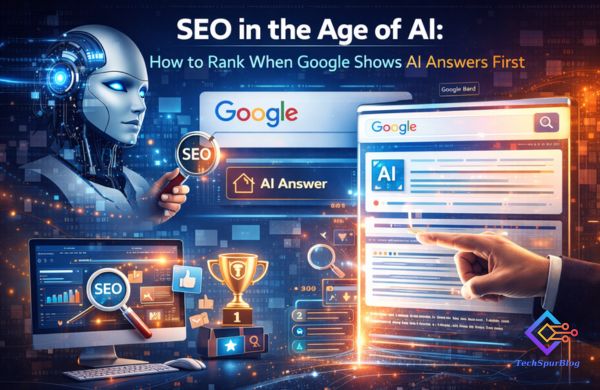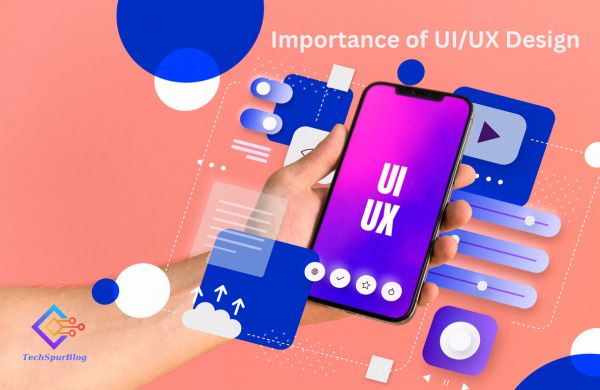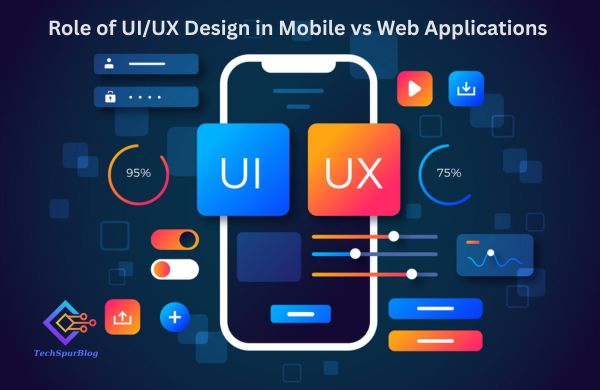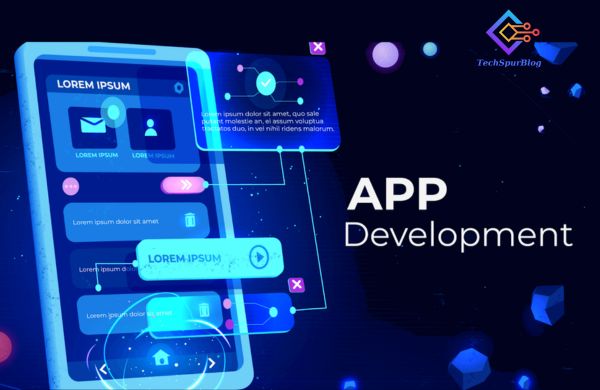Introduction
Business analytics used to entail making a guess about the future based on a monthly Excel report. In 2025, businesses will have to deal with huge amounts of data from sales, marketing, customer interactions, and operations. But data is useless if you can’t quickly understand it and do anything with it.
That’s when business analytics solutions powered by AI come to the table to do multiple things for you, such as: • Not just summaries the data for you but search for trends, predict what is next, and tell you what to do next. In short, AI takes raw data, and creates strategic decisions far quicker and more accurately than anything we’ve ever known before.
Understanding which AI applications to use for business is now an essential competitive advantage, whether you’re a small business or a big one!,
How AI Is Changing Business Analytics
Traditional business intelligence (BI) tools are great at making reports and charts, but they depend a lot on people doing the analysis, which takes a lot of time and is easy to mess up.
- AI-powered analytics solutions do more than that. For example, they automate data processing so that results are ready in seconds instead of hours.
- Using past and present facts to guess what will happen.
- Suggesting steps that make analytics a tool for making decisions.
This change lets companies go from making decisions after problems happen to creating plans to avert problems before they happen.
Also Read: Best AI Tools for Small Businesses: Save Time and Money
What to Look for in AI Business Analytics Tools
While looking for the best AI software for business analytics, make sure they possess the following most important features:
- Predictive analytics and Forecasting: Get ready to understand predicted changes – forecast changes in sales, demand, or the marketplace!
- Natural Language Processing (NLP): Ask your data simple English questions – e.g. “what’s were the top product sold in the last quarter”
- Data visualisation & Storytelling: Take complex datasets and turn them into easy to digest visual images
- Data Insights & Recommendations – exceed reports; get recommendations on actions to take.
- Seamless Integration: Works well with ERP, CRM, marketing, and financial solutions to provide you a single view.
The Best AI Tools for Business Analytics in 2025
Tableau with Einstein AI:
- This tool combines Tableau’s visual capability with Salesforce Einstein AI to provide you predictive insights.
- Ask Data” allows you to ask questions using normal language.
- Best for businesses that currently use Salesforce.
Copilot with Microsoft Power BI
- Uses Microsoft Copilot to automatically make reports and give insights.
- Works with Excel, Teams, and Dynamics 365.
- Small and medium-sized businesses and large businesses can afford it.
Qlik Sense:
- The associative data model finds connections that aren’t obvious.
- AI automatically suggests charts and metrics that are useful.
- Real-time analytics that are very good for retail and production.
Sisense:
- This company focuses on analytics that are built into apps and workflows.
- Can be changed to fit specific industries.
- Great for SaaS products that need analytics incorporated in.
ThoughtSpot
- Analytics that uses both search and generative AI to clarify what it finds.
- Links to BigQuery, Snowflake, and related data warehouses.
- Great for teams that aren’t technical.
Analytics from Zoho
- AI-driven BI that small and medium-sized businesses can afford.
- The Zia AI assistant gives you automated insights.
- Works with the Zoho suite and other apps.
IBM Cognos Analytics
- AI analytics for businesses that can handle natural language inquiries.
- Strong rules and compliance.
- Good for industries that are regulated.
Also Read: 10 Must-Have AI Tools to Boost Your Business Productivity
How AI Tools Help You Make Better Choices
The top AI tools for business analytics help you figure out what to do next after something has happened:
- Predicting dangers and opportunities lets you use proactive solutions.
- Use objective data to cut down on bias.
- Use real-time dashboards to encourage teamwork.
For example, AI tools don’t only display that customer turnover went up last month; they also explain why and recommend ways to keep customers.
Examples from the Real World
Retail Case Study: A fashion shop utilized Qlik Sense to predict seasonal demand, which cut down on overstock by 25% and increased profitability.
Example of a SaaS Company: A B2B SaaS company used ThoughtSpot to learn more about how its customers behave, which led to a 15% boost in upsell revenue.
Problems to Solve Before Using AI Analytics Tools
AI analytics is powerful, but pay attention to:
Data Quality Issues – Make sure your data is clean and well-structured.
Privacy and compliance risks– ensure you meet GDPR, CCPA, etc.
Price vs. ROI- You May have to spend more for premium AI functionality.
Change Management: Teach teams how to absorb changes smoothly.
What will happen in the future with AI powered business analytics
You should see:
- Prescriptive Analytics—making specific suggestions about what to do, not just predictions.
- AI Copilots for Executives: dashboards that provide you real-time advice.
- IoT Data Integration lets you get real-time information from linked devices.-
- Voice-Activated Analytics: Get insights without using your hands.
Also Read: AI Tools for Image Recognition: The Best Tools for Visual Analysis
Conclusion
The finest AI solutions for business are using analytics to give them an edge over their competitors, from predictive forecasting to automated suggestions. Businesses using them today won’t only analyze their data; they will be producing insight faster, and more effectively than their competition.
If you haven’t started using AI technologies at already, go with Power BI, Tableau, or ThoughtSpot. The faster you use AI to assist with your decision making, the faster you will see outcomes from your data that are meaningful.
Questions and Answers
How do AI analytics and regular analytics differ?
Traditional analytics looks at old data and makes predictions about the future. AI analytics does both.
Can small businesses have AI business analytics tools?
Yes, Zoho Analytics and Power BI offer AI powered analytics that are economical to small and medium-sized businesses.
What should I watch for when searching for an AI analytics solution in my industry?
Watch for templates, connectors, and compliance capabilities that are specific to your industry.
Is it possible for AI analytics technologies to work with current CRM or ERP systems?
Yes, the majority of leading technologies are going to work with leading CRMs, ERPs and cloud platforms.
Is AI replacing human analysts?
No, AI automates functions for the analysts and finds deeper explanations and insights.
